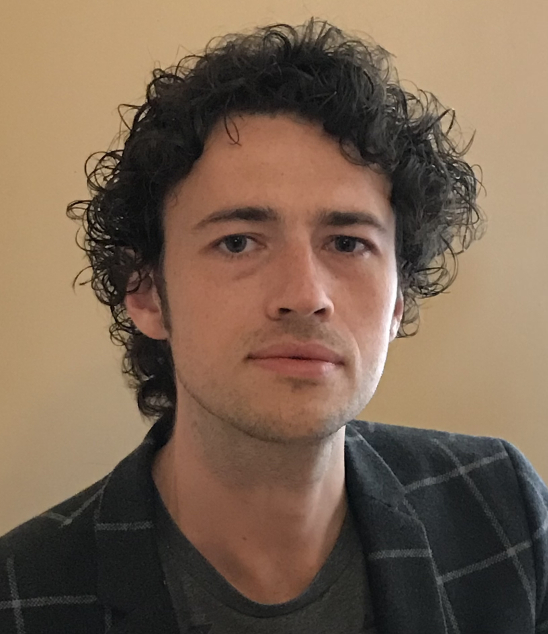
Rory Corbett
What is the current focus of your research?
In recent months, and in anticipation of further more in-depth archival research much of the work I’ve been doing has focused primarily upon refining the theoretical framework I originally set out for my proposed thesis. A significant part of that has been on framing the way I will be exploring the role the banjo played in channelling emerging ethno-national identities across the circum-Atlantic world in the early nineteenth century. I’m currently also revising a paper to be presented at this year’s Banjo Gathering, one of the world’s only forums specifically orientated towards discussions of the banjo as a historical, cultural, and design object.
What have been some of your achievements and highlights so far as an NUI Travelling Studentship recipient?
After being awarded the Traveling Studentship last year one important achievement for me was having my paper “‘Backside Albany,’ Trickster's Spirit and the Axial Moment of Blackface Minstrelsy” accepted for publication in the International Political Anthropology Journal. Although I am at present still fairly early on in my studies for this doctorate and have yet to begin my research abroad in earnest, I did get a chance to spend a few weeks in London last January where I consulted archival collections at the British Library, the British Museum and the Victoria and Albert Museum whilst there. There really is nothing quite like getting first-hand experience when it comes to archival research and the time spent there helped me to identify particular resources and collections of interest that will prove especially useful on future visits.
What have been the benefits of holding an NUI Travelling Studentship, in your experience?
"An NUI Award has given me the financial
security to be able to pursue research abroad in
some of the most important archival sites existing in my research area and the ability to work with
Dr Christopher J. Smith, one of the leading
specialists in my field. "
An NUI Award has given me the financial security to be able to pursue research abroad in some of the most important archival sites existing in my research area and the ability to work with Dr Christopher J. Smith, one of the leading specialists in my field. The benefits of having my work supported by NUI at this early stage of my academic career and of now being connected with a vibrant NUI community of scholars also cannot be understated and will only accrue further in the years ahead.
What advice would you give to prospective applicants?
In my experience the process of making the application itself proved very beneficial in prompting me to further refine my ideas and review my overall research plan, narrowing these down as concisely and clearly as I could. For this reason, the more time and effort applicants can dedicate to refining their proposal in particular, but also supporting documentation, the better. I would also advise applicants to consider the chance to have their proposed research reviewed by leading specialists in their field as a unique opportunity to test out their own developing research model and ideas.






















